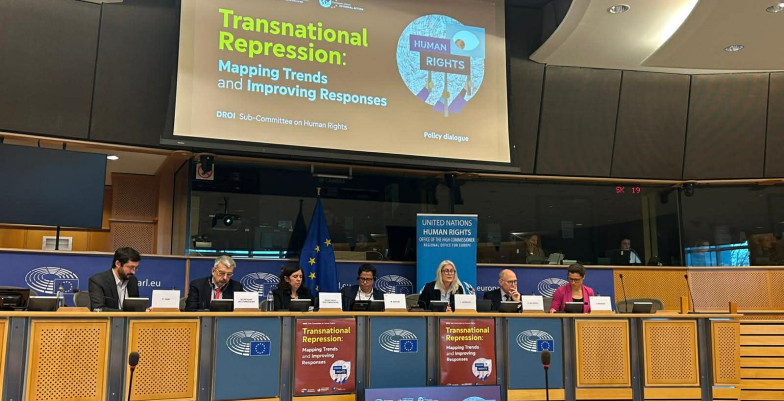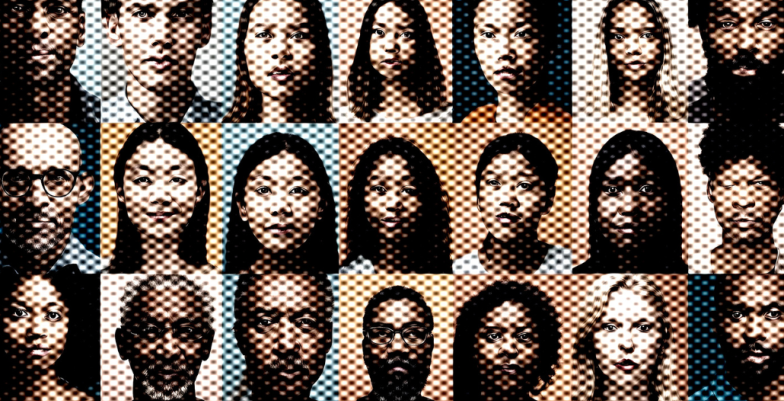Freedom of Peaceful Assembly, Freedom of Association and Civil Society Space
Civil society actors play a vital role as key participants in democratic processes, they promote human rights, democracy, sustainable development and the eradication of poverty worldwide. Their engagement in policy-making not only enhances the legitimacy of decision-making processes but also fosters trust and ownership, leading to better quality, as well as more responsive and widely supported outcomes.
Despite their essential contributions, shrinking space for civil society around the globe is a pressing concern. The challenges faced by civil society actors come in many forms, including attempts to limit their legitimate activities through administrative or legislative means, often in the name of national security, counterterrorism, anti-money laundering, or countering foreign interference; as well as physical and online threats, judicial harassment and abusive lawsuits (so-called strategic lawsuits against public participation – SLAPPs) aimed at censoring, intimidating and silencing critics. Peaceful protesters also face disruptions, the disproportionate use of force, arbitrary detentions and even killings. These alarming trends undermine not only civil society but the very foundations of democratic governance.
EU policies
The protection and promotion of civic space is a key goal of the EU’s global human rights policy, which aligns with the EU Action Plan on Human Rights and Democracy (2020–2027). Civil society is an indispensable partner for the EU for the implementation of the Action Plan across all its lines of action and priorities. Civil society is both a partner and a target for EU action, particularly with regard to protecting civic space and fundamental freedoms.
For civil society to effectively fulfil its vital role, it is essential to ensure an enabling and safe civic space online and offline. We work to protect fundamental freedoms that guarantee a safe civic space. This includes promoting conducive normative frameworks that align with States’ obligations under international human rights law, safeguarding the rights to protest and associate, and the meaningful participation of civil society in policy-making processes.
What do we do?
The EU works with partner countries, civil society, and international organisations around the world to protect civic space and fundamental freedoms:
Through human rights dialogues, we condemn attacks against a safe civic space and unjustified restrictions to fundamental freedoms, and we share best practices on protecting civic space.
The EU speaks out through public diplomacy when civic freedoms are attacked, and organises public campaigns to raise awareness. The EU shares its expertise in protecting civic space with partner countries.
We support human rights defenders (HRDs) through ProtectDefenders.eu, which provides emergency grants for CSO members under threat.
The EU is also one of the leading donors worldwide to CSOs in partner countries. One example is the EU System for an Enabling Environment for civil society that was launched in 2024. The project aims to promote an enabling environment for civil society in 86 countries across the globe, including a monitoring index and an early warning system.








